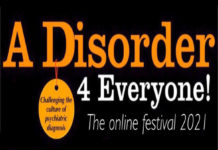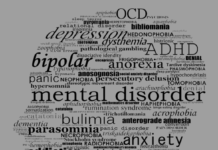THE ROSE AND THORN: A Participatory Theatre Project
Participatory theatre like Rose and Thorn can make big differences in people’s lives and in systems, but it has to be well funded and persistent for long term changes to come about. We had fun and hopefully enriched a few people’s lives
A Disorder 4 Everyone!: Online Festival 2021
Many, many people have simply had enough of people’s stories and experiences being negated and dismissed by scientifically questionable labels. They want change, and they want to be part of a movement that is demanding change.
So What is Mental Disorder? Part 2: The Social Problem
Medical explanations for madness and the medical approach to treatment are grafted onto an older system of social organisation and control. Once medicalisation takes hold, it obscures the underlying functions, but the system remains, in essence, a moral and political enterprise.
Insane Medicine, Chapter 9: The Worried Parent (Part 1)
A discussion of a diagnosis-free approach to working with families called the Relational Awareness Program (RAP) and how family relationships become solidified through “Emotion WARS.”
So What is Mental Disorder? Part 1: Reasoning and Meaning
If madness involves a loss or failure of shared reasoning that places the individual outside of the community of immediate and implicit human understanding, does this mean it is without interest or meaning?




